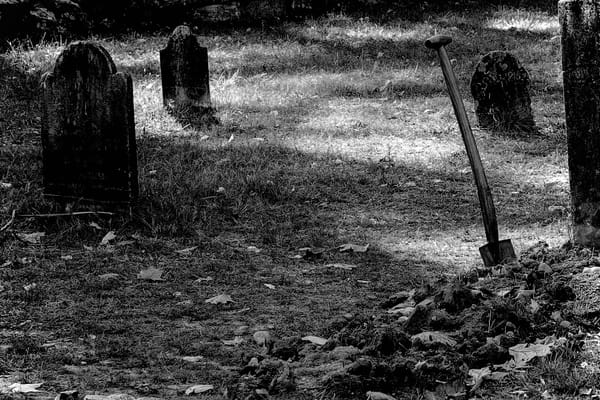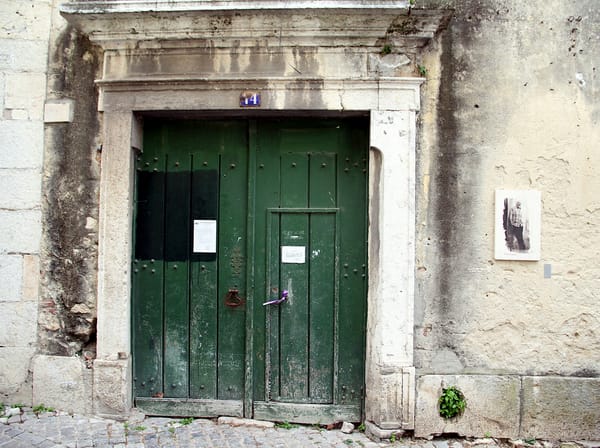Trooper Purcell's Wedding Day
A blend of urban myth and brain chemistry suggests our lives flash before our eyes in the moment we expire. Fortunately, this isn’t the case for Frederick Purcell in March 1906. Inside a small photographic studio near the Macleay River in Kempsey, Frederick and his blushing young bride are having their official wedding portraits recorded by an enterprising young photographer who had chosen the small rural town of Kempsey to set up his new business. Seated as instructed, with his bride and attendants nearby, the poker face on the groom masks a series of images and life experiences that are flashing through his head at this precise moment. Fred has no understanding of why his mind chooses to review vignettes of his twenty-six years on this earth at the time of this auspicious occasion.
He recalls the solitude and fear of the open ocean which he experienced as a four year old when he and his mother and older sisters sailed on the ‘Chimborazo’ from Plymouth, England to New South Wales to begin a new life. A four year old senses keenly the wrench from his ‘Gentleman’ father and older brothers when they sailed for the colony of NSW two years earlier. A four year old has limited understanding of the finality of migration to the British colonies in the 1880s. Will he ever see them again, or rejoin them on the other side of the world? As the photographer arranges the wedding party, Frederick silently vows to never force a separation onto his family. No, he would never project a sense of abandonment onto Aggie or the foetus which has been quietly growing inside the warmth of Aggie’s belly for four months.
As the fussing photographer shepherds him to his chair, images of the South African velds form in Fred’s mind. He doesn’t comprehend why. Or why at this particular moment? Fred relives the fear, the tension and excitement of charges across the grasslands in the Transvaal at full gallop, as his 2nd NSW Mounted Rifles raided Boer encampments in 1901, only a few years earlier. He recalls how he cheated death in one of those charges when, crouched low across his horse while firing rounds at the poor Dutch farmers, a bullet that was meant for him had struck his galloping steed instead. And while the photographer is positioning Aggie’s hand on his shoulder, Fred recalls the sickening crunch and rag-doll cartwheels that he and his wounded horse endured as they struck the hard, dry earth of the veld. The horse had thrashed around hideously for a brief period before one of Fred’s fellow troopers galloped over and ended its pain with a single shot while retrieving the stunned rider before the Boers could claim another NSW trooper.
And ever so briefly he visualises the rocky outcrops on the velds which attracted fierce electrical storms and frightened the troopers camping in the open. One morning, Fred’s troop had emerged from their trek tents to find the charred remains of a rifle which had been thrust vertically, bayonet-first, into the earth outside a nearby tent. Acting as an electrical conduit between the charged atmosphere and the South African plain, a bolt of lightning had rendered it useless, charring the wooden butt and bowing the barrel.
He fleetingly summons up the utter distaste he’d developed for the British commanders of the 2nd NSW Mounted Rifles. Despite volunteering as an under-age trooper with a naïve sense of adventure and immortality, the boy-man had grown to despise the acts of atrocity visited upon the Boer farmers by order of the British. It was a scorched earth policy; Dutch lives, farms, homesteads were of little consequence. Images were indelibly imprinted onto his memory and conscience as a reminder of the futility of wars. No doubt his remorse was compounded by the loss of his own brother who had succumbed to TB on the troop ship ‘Rance’ and was buried at sea whilst returning from the war in South Africa.
During Frederick’s lifetime he would express his disgust of the inhumanity he witnessed on the plains of South Africa. It obviously simmered just below the surface. Perhaps a century later, the science of psychology would easily articulate and diagnose the symptoms of PTSD. But in 1901, one served then sailed home. There was no latitude to reflect on reasons; one simply served for monarch and Empire. Unquestioningly.
Detecting the presence of a soft hand on his shoulder, Frederick snaps from the past, from the velds and the regrets, and beams warmly upwards from his seated position to meet the eyes of his new bride. Tall, slim Aggie McRae, three inches taller than Frederick and of Scottish descent, was raised in the Tennessee flatlands just north of Kempsey. Beautiful Aggie McRae, whose father was killed in a sawmilling accident on the banks of the Macleay River just before her fourth birthday. Relaxing by degrees, nineteen year old Aggie gives Frederick a knowing half smile. Fred returns it with a knowing wink. He’s grateful that Aggie had noticed him a year ago when she’d accompanied her mother by horse and cart into Kempsey to have work undertaken on the cart’s wooden spokes at Fred’s Blacksmithing and Bicycle repair shop. On his wedding day, irrespective of an impending birth, or a desire to make an honest woman out of her, Frederick basks in a satisfying inner glow and sense of family. And history will record a bush marriage that preceded the births of four daughters, and a profound longevity of married life. In his 92nd year Trooper Frederick Purcell died following a stroke whilst young Aggie outlived him, and all four of their daughters, becoming a centenarian.


